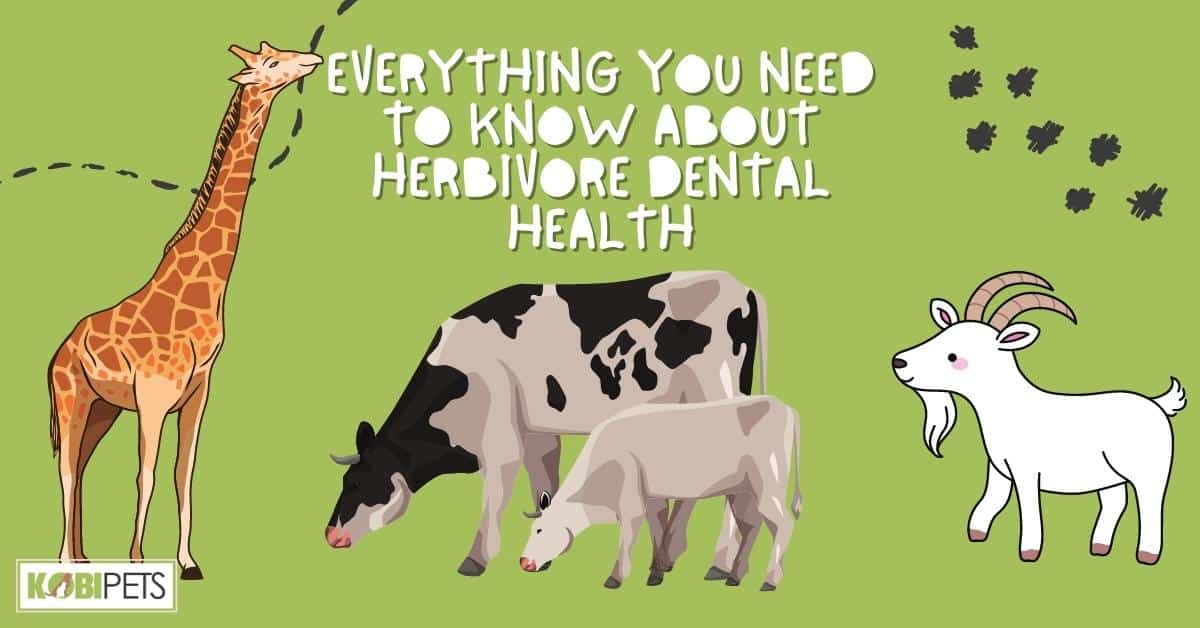
Caring for your pet’s dental health is essential to their overall well-being, especially for herbivores. This is because most of their diet consists of tough plants that require extensive chewing and can damage dental tissue over time.
Herbivores have specialized teeth that require proper care for optimal dental health. A balanced diet high in fiber and low in sugars can help maintain strong, healthy teeth and gums. Regular dental exams, cleanings, and proper dental care can prevent and treat common dental problems, such as overgrown teeth, dental malocclusion, and periodontal disease.
In this article, Everything You Need to Know About Herbivore Dental Health, we outline the different steps you should take in order to ensure your pet’s oral health remains in top condition.
Understanding Herbivore Teeth Structure and Function
Understanding your pet’s teeth structure and function is essential in maintaining their dental health.
By equipping yourself with this knowledge, you can ensure that your pet is receiving optimal care for oral health. So let’s dive in and take a closer look at herbivore teeth structure and function!
- Incisors: These front teeth are used for cutting and clipping vegetation, and they tend to be the sharpest of an herbivore’s dental structures.
- Canines: This canine tooth is adapted for stabbing and tearing food, which helps the animal to break down tougher plant matter such as roots or stems.
- Molars: Herbivore molars are adapted for grinding and crushing the plant material that they consume, allowing them to extract the necessary nutrients from their diets.
- Premolars: These teeth help an herbivore to tear up and shred its food before it’s swallowed, which can make digestion much easier.
- Tongue: Herbivores use their tongues to help them manipulate the food they are eating and to aid in chewing.
- Saliva: This helps to soften food before it is chewed, making it easier for an herbivore to break down plant material. Additionally, saliva contains enzymes that help to break down the food further.
- Jaw Structure: Herbivores have strong and powerful jaw muscles, allowing them to chew and grind up plant material with ease. Additionally, their jaws are adapted for side-to-side grinding motions, which is essential for breaking down tough plants.
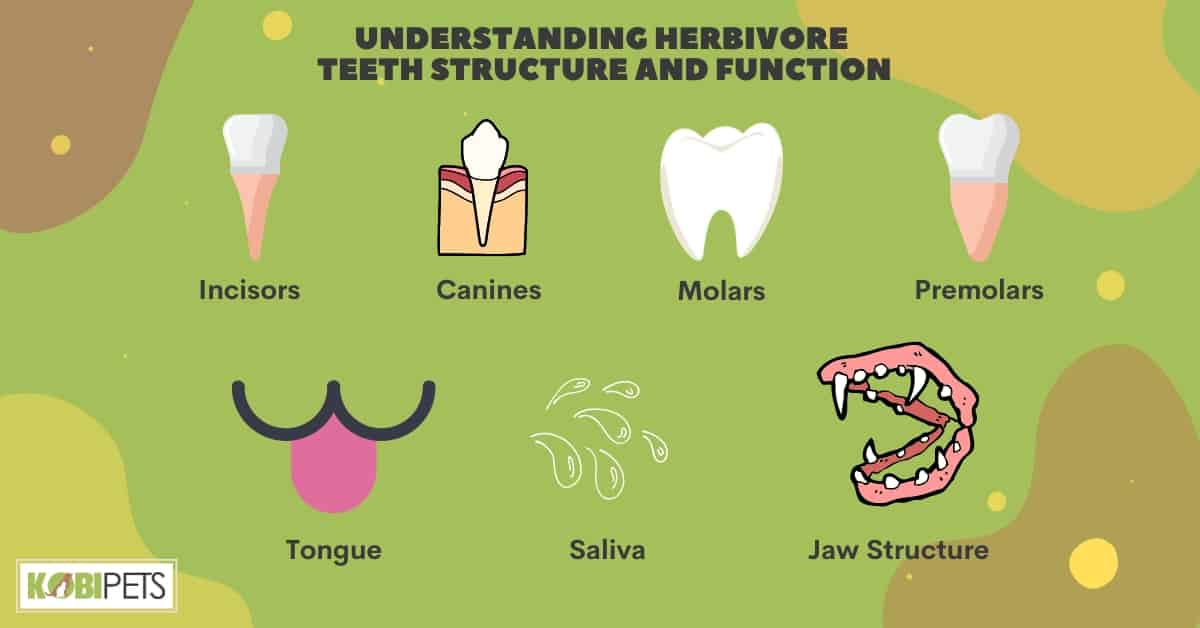
Understanding Herbivore Teeth Structure and Function
Common Dental Problems in Herbivores
Caring for your herbivore’s dental health is essential to their overall well-being. Unfortunately, many pet owners are unaware of the common dental problems that can affect an herbivore’s teeth and gums.
Herbivores are susceptible to several dental problems, which can impact their overall health and well-being. Some of the most common dental issues in herbivores include:
- Overgrown Teeth: The continuous growth of herbivore teeth can result in overgrown teeth, leading to discomfort, pain, and difficulty eating.
- Dental Malocclusion: This occurs when the teeth do not align properly, causing difficulty chewing and swallowing.
- Tooth Fractures: Chewing tough vegetation can result in tooth fractures, causing pain and potential infection.
- Periodontal Disease: Bacterial buildup on the teeth and gums can lead to periodontal disease, causing gum inflammation and potential tooth loss.
- Abscesses: Infections can occur in the roots of the teeth, resulting in abscesses and discomfort.
- Resorptive Lesions: This is a common issue in herbivores and occurs when the body begins to resorb or break down the tooth structure.
Early detection and treatment of these dental problems are crucial to maintaining optimal dental health and preventing discomfort and pain in herbivores.
Regular dental check-ups, cleanings, and proper dental care can help prevent and manage these common dental issues.

Maintaining Optimal Dental Health in Herbivores
Good dental hygiene is important for all pets, particularly herbivores like guinea pigs.
Dental problems are one of the most common health issues in these critters and can prevent them from enjoying their favorite foods.
Routine checkups are necessary to ensure optimal oral health and spot any signs of dental disease before they become serious.
Regular toothbrushing with a soft-bristled brush should also be done, and owners should offer chewy treats, such as timothy hay cubes, that help keep the teeth healthy and encourage normal wear patterns.
A nutritionally balanced diet with plenty of hay is also essential, as it helps clean the chewing surfaces of the teeth and keeps the rest of the body healthy.
Lastly, it’s important to note any changes in behavior or appetite that might be indicative of a problem so that it can be addressed quickly by a veterinary professional. With proper care and attention, owners can ensure their herbivore has strong, healthy teeth for life!
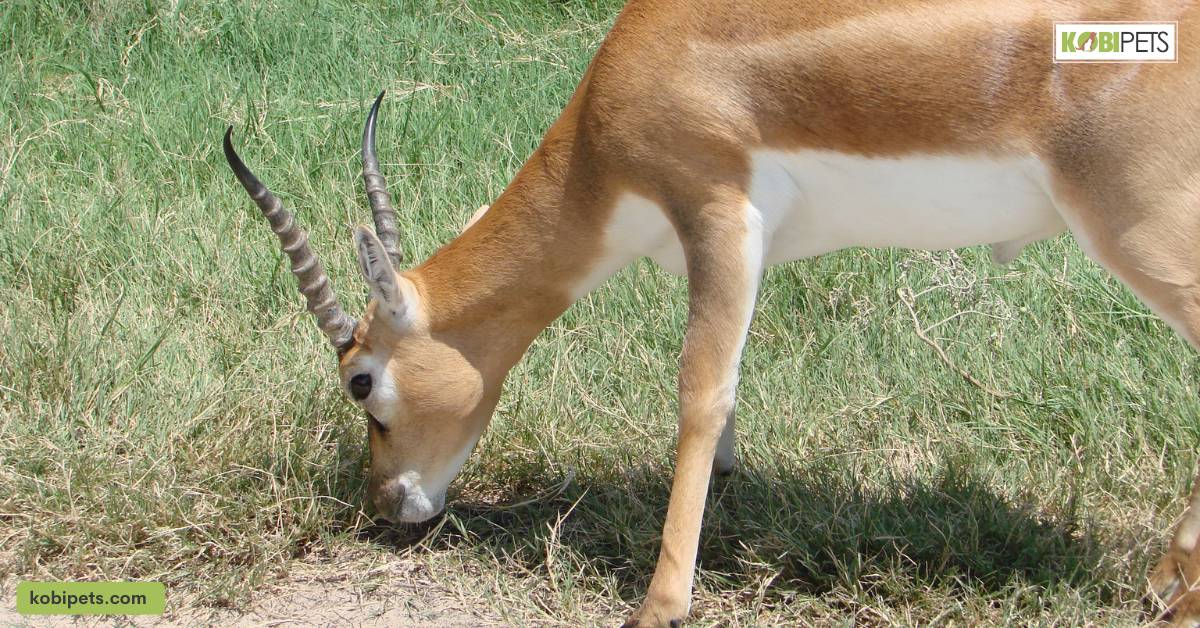
Importance of Regular Dental Check-Ups and Cleanings
Regular dental check-ups and cleanings are important for herbivores in order to prevent the buildup of tartar, plaque, and other debris that can lead to serious health problems.
During these visits, a vet will perform an oral exam, which includes checking the teeth and gums for signs of infection or decay. If necessary, they may recommend a dental cleaning and/or polishing to remove tartar and tooth debris.
This is especially necessary for older herbivores, as their teeth can become worn over time due to the abrasive nature of their diet.
Additionally, regular visits are beneficial for staying up-to-date with any changes in your pet’s oral health. Monitoring their dental health is important for catching any potential issues early, which can then be addressed to keep your pet comfortable and healthy.
So don’t forget to schedule regular check-ups with your vet and make sure your herbivore’s teeth are in top condition!
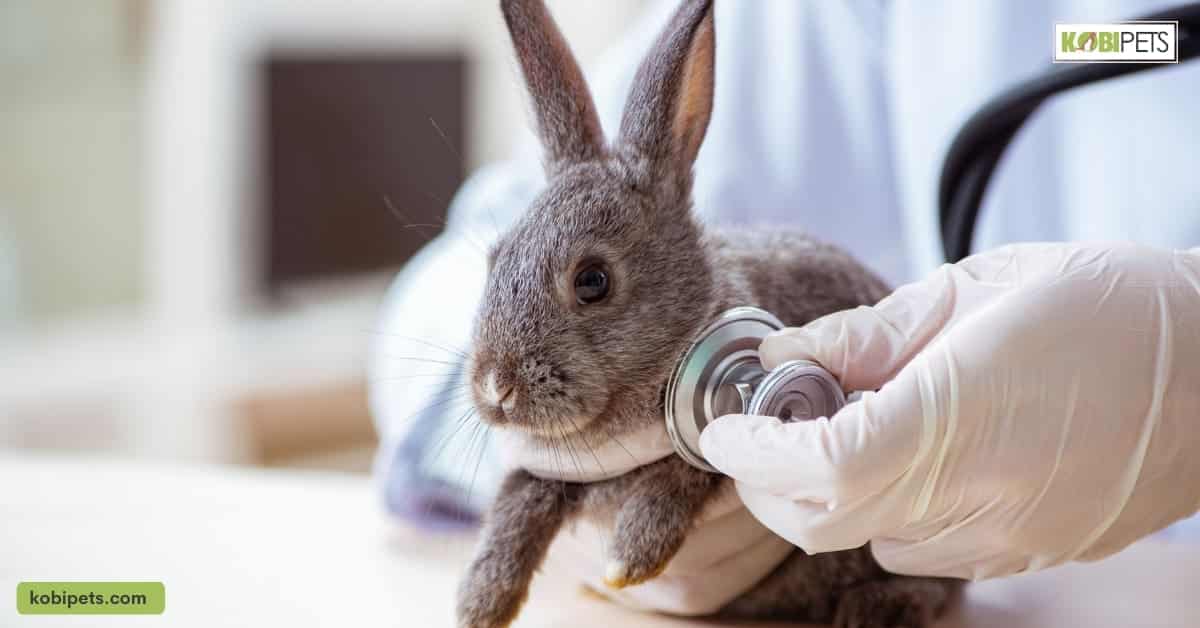
Treatment Options for Herbivore Dental Issues
Herbivores, like all animals, can develop dental issues that can impact their overall health and well-being. Early detection and treatment are crucial to prevent discomfort and pain and maintaining optimal dental health.
The treatment options for herbivore dental issues will vary depending on the severity and nature of the problem. Some common dental issues can be treated with simple home care, while others may require veterinary intervention.
The following table provides an overview of the different treatment options for common herbivore dental problems.
| Problem | Treatment Option |
|---|---|
| Overgrown Teeth | Routine dental check-ups and cleanings, dental floating to shorten overgrown teeth |
| Dental Malocclusion | Routine dental check-ups, orthodontic treatment, tooth extractions |
| Tooth Fractures | Antibiotics, extractions, dental restorations |
| Periodontal Disease | Routine dental check-ups and cleanings, antibiotics, scaling, and root planing |
| Abscesses | Antibiotics, extractions, drainage of abscess |
| Resorptive Lesions | Routine dental check-ups, extractions, dental restorations |
Prevention and Care Tips for Herbivore Dental Health
Preventing and adequately caring for your herbivore’s dental health is essential in maintaining its overall well-being. With the right knowledge and care, you can ensure that your beloved pet remains healthy and comfortable for many years to come.
- Provide a nutritionally balanced diet including hay, which helps to wear down teeth naturally and provides essential nutrients.
- Offer chewy treats such as timothy hay cubes or apple slices to help keep the teeth healthy and maintain normal wear patterns.
- Brush your pet’s teeth regularly with a soft-bristled brush for optimal oral hygiene.
- Schedule regular dental check-ups and cleanings to remove tartar and tooth debris, as well as monitor any changes in the oral health of your pet.
- Be aware of any behavioral or appetite changes that may be indicative of a problem and seek professional help if necessary.
- Consider dental supplements or treats designed to promote oral health in herbivores.
- Avoid hard foods that can cause tooth breakage and other oral problems.
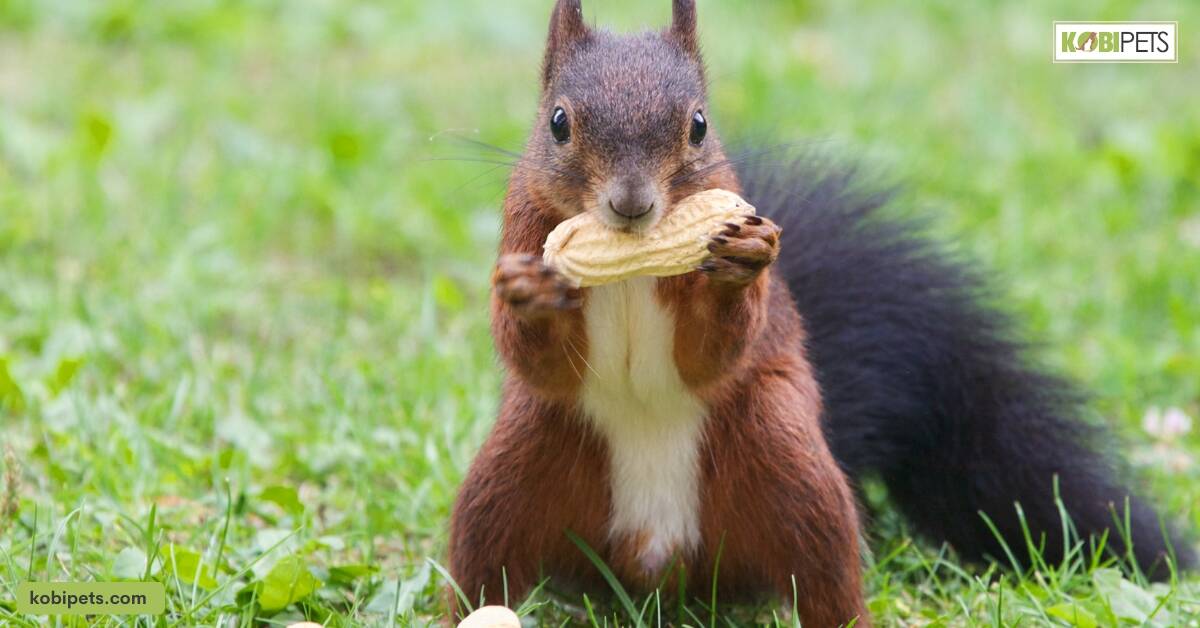
The Role of Diet in Herbivore Dental Health
The role of diet in herbivore dental health is crucial and much of it revolves around the quality of hay they are being provided. High-fiber, low-sugar diets with plenty of roughage should be offered to help maintain normal wear patterns on their teeth.
Additionally, hay cubes or other chewy treats can be given as snacks to help keep the teeth healthy and promote better chewing motion.
When it comes to hard foods, these should be limited or avoided altogether as they can cause tooth breakage and other oral problems.
Avoid feeding your pet anything that is too tough for them to chew, such as raw carrots, apples, or nuts. Additionally, sugary treats like candy should also be avoided as these can increase the risk of developing cavities and other dental issues.
By offering a balanced diet with plenty of hay, you can ensure that your herbivore pet’s teeth remain in top condition.
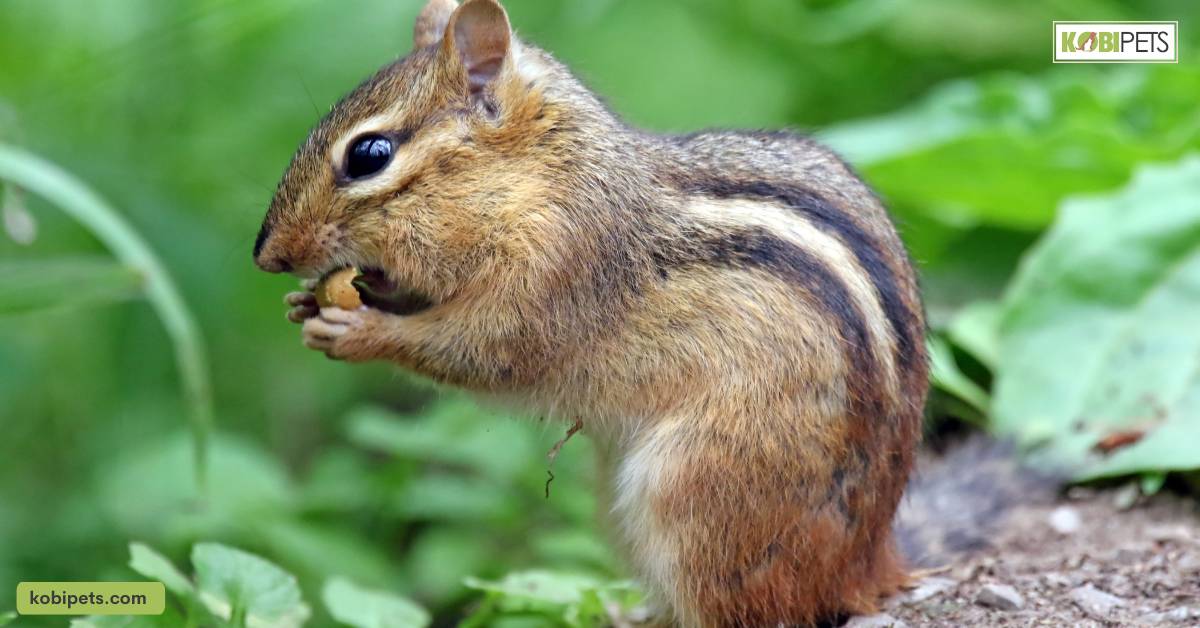
In conclusion
In conclusion, herbivore dental health should be given serious attention. The type of food they eat and their specific grazing habits play a significant role in overall oral health and well-being.
Regular preventive care such as cleaning, proper feeding and diet, and timely detection and treatment of any dental disease or abnormality can help your herbivore companion lead a long, healthy life – both physically and mentally.
And if you have any questions or concerns about your herbivore’s dental health, don’t hesitate to get in touch with your veterinarian.






